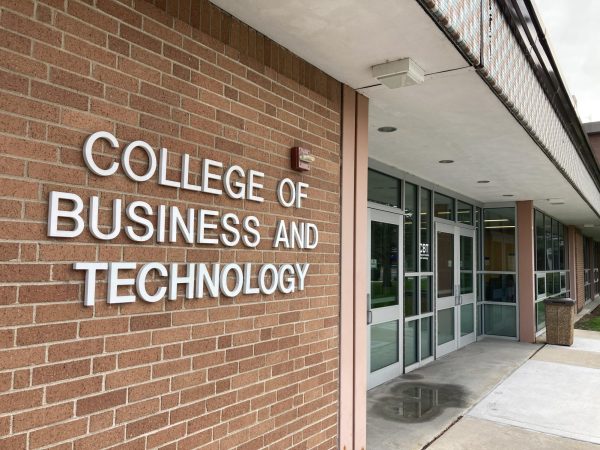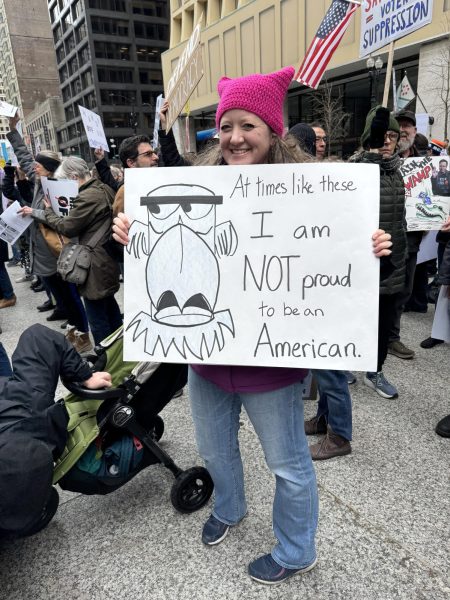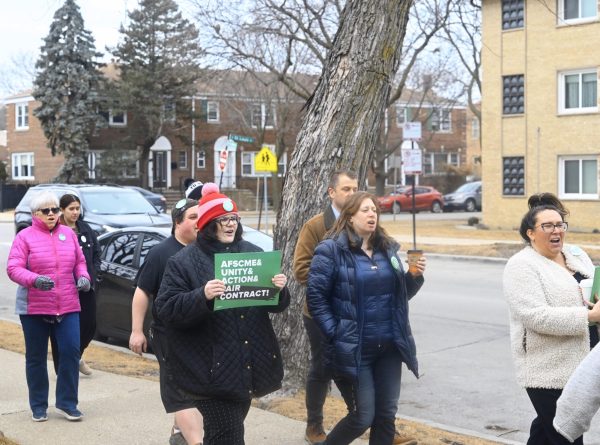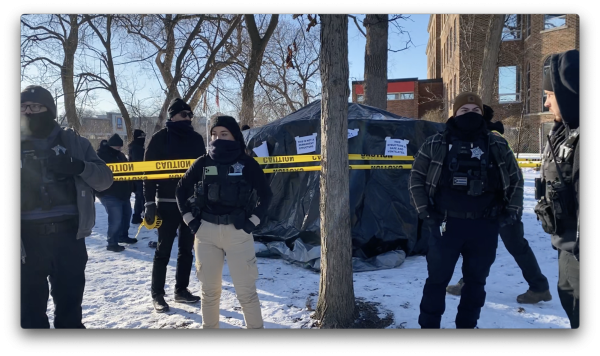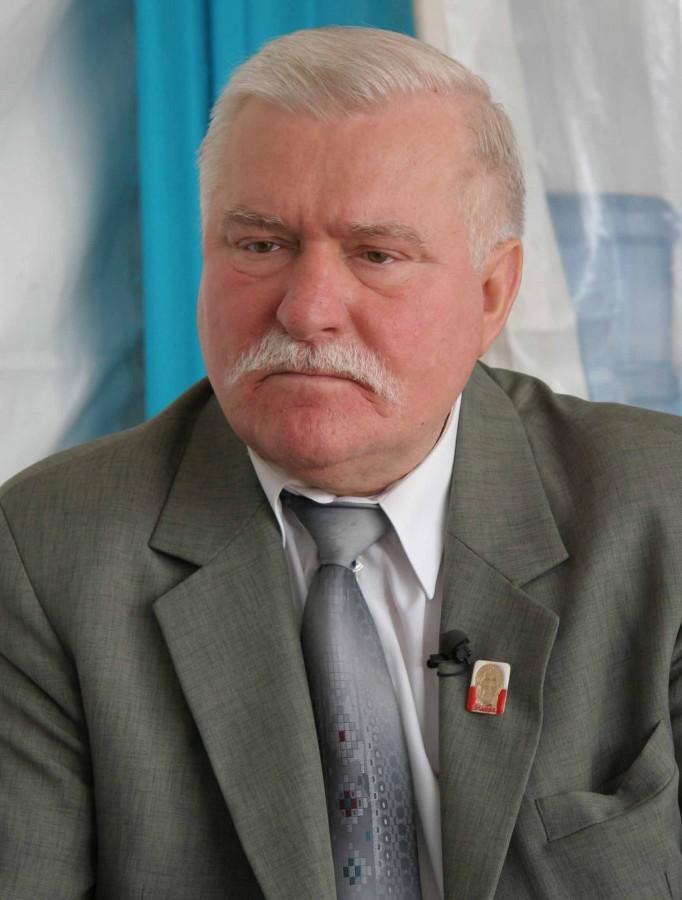Was Lech Walesa a Paid Communist Informant?
More in News
Photo courtesy of MEDEF via Flickr
Lech Walesa, who won the Nobel Peace Prize in 1983 and a former President of Poland, has had to fend off accusations that he was a paid communist informant.
WARSAW, Poland—Protests sparked by broken trust occurred outside the Polish Consulate on Feb. 28 after newly discovered documents claim that Lech Walesa was a communist party informant.
Walesa founded the Solidarity freedom party in 1980 in Gdansk, Poland, which fueled Democracy into the country and led to the collapse of the Polish Communist regime in 1989. As a result of his activism, Lech Walesa received the Nobel Peace Prize in 1983 and became the first post-communist Polish President in 1990.
Walesa, 72, became an international icon of Poland’s struggle for freedom, which is why if the recently discovered documents are found to be authentic, many people will be left feeling scorned.
The Polish Institute of National Remembrance received hundreds of documents in question from the wife of the last Communist interior minister of Poland, Gen. Czeslaw Kiszczak.
Kiszczak’s wife attempted to sell the documents to the institute for 90,000 zlotys ($23,000 USD) but prosecutors seized them because Polish law requires historic documents to be handed over to the state, according to the Guardian.
Walesa used his codename “Bolek” as his signature for the secret police between the years of 1970 and 1976 when he worked at the shipyards in Gdansk. These documents included handwritten commitments and paid receipts by Walesa
Lukasz Kaminski, the Head of the National Remembrance Institute said that the documents seem authentic, but further investigation is needed to determine if the contents are true.
Walesa has since responded to the accusations claiming innocence on his blog.
“I was never broken in December 1970. I did not collaborate with the secret security,” he wrote. “I never took money and never made any spoken or written report on anyone. I trust the truth will defend itself.”
Walesa also said that he intends to prove that the documents are fabricated in court by suing the Polish Institute of National Remembrance, but no charges have been filed yet.
It was not uncommon during that time for the secret police to fabricate documents as a tool for blackmail.
Although this has been known to be true, Walesa admitted in 2000 when he was being investigated for similar claims that he signed a commitment to be an informant, but insists that he never acted on those commitments.
No evidence of collaboration was ever found and Walesa was cleared of charges.
The release of these documents occurred shortly after Walesa slammed the new far-right government for passing a law that would require a two-thirds majority to block state legislation whereas before only a simple majority of the 15 judges was required.
“This government acts against Poland, against our achievements, freedom, and democracy,” Walesa told Radio Zet on Dec. 23, 2015 in response to the newly passed law.
Walesa holds little political power currently, but still remains an icon for many democracy and solidarity protesters.
Many of these protestors organized in Warsaw, Poland a day before the Chicago protests in support of Lech Walesa.
The Warsaw city hall estimates that 80,000 people attended the protests according to “The Guardian.”
They cheered to defend democracy and chanted Lech Walesa’s name.
Grzegorz Schetyna, the head of the opposition party, rallied the crowd and defined their message:
“We came here to defend a symbol of Polish history against hate.”
It has been estimated that the investigation of the documents authenticity could take about six months. Tension between the ruling political party and the people of Poland has been rising and if the documents are authenticated many solidarity supporters will be left feeling betrayed. Until the facts are presented, the question about who Lech Walesa really was will sit on everyone’s mind until the truth defends itself.
NEIU dedicated Lech Walesa Hall (currently the Daniel L. Goodwin College of Education) to him in 2009 on the 20th anniversary of the end of Communism in Poland. He was chosen based on the school’s proximity to Polonia, the second largest Polish community in the world.
Your donation will support the student journalists of Northeastern Illinois University's The Independent, either in writers' payment, additional supplies and other items of note. Your contribution will allow us to purchase additional equipment for writers/photographers/illustrators and cover our annual website hosting costs.



